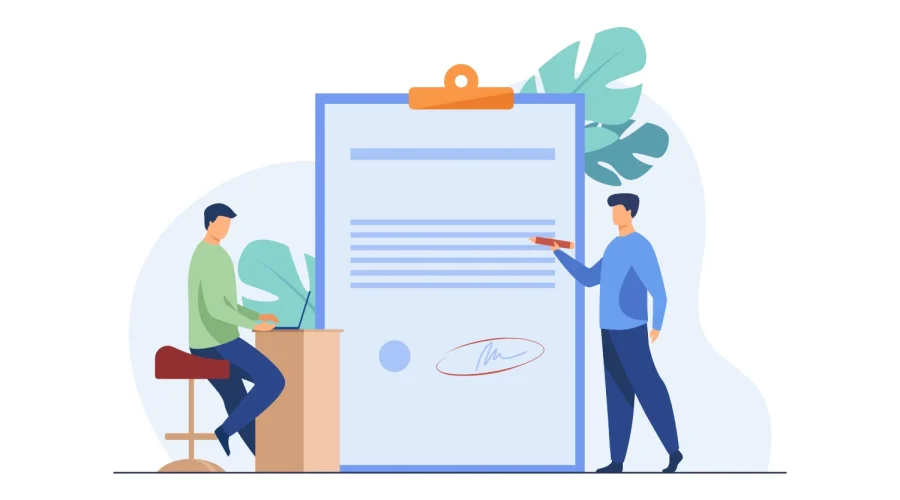Business debts in uae Going under in business is a risk that every business owner knows is there, but are not fully prepare to handle. Regardless of which market a business is operating in — whether it is the New York Stock Exchange, Istanbul’s Spice Bazaar or Ajman Media City Freezone — someday or the other, it will have to take out a commercial loan to pay the utility bills and workers’ salaries, or to buy raw materials. Taking a loan is not a problem, unless you can’t pay it off.
Not paying off business debts can land you and your business in a lot of trouble. UAE has very strict laws. Something as paltry as a bounce cheque or defaulting on the payment of a loan, can cause a criminal and civil case to be fill against your company. This will not only cause the company’s name to be drag through mud, but would also become a personal liability for the owner, stakeholders and directors.
If an out of court settlement is not reach, and a lawsuit is fill, then the court will decide the company and owners’ fate. Jail time or the liquidation of business and personal assets are not out of the equation for business owners and companies in Ajman Media City Freezone and other places in UAE.
Leaving the country with any outstanding debts is out of the question, and if a debtor does manage to flee, they will be arrest the minute they return or even try to transit through UAE. Also, if the debtor is not an Emirati national, then the law enforcement of their homeland would be involve. Therefore, instead of panicking and running away from debt collectors, the situation at hand, needs to correctly be dealt with.
 Step One
Step One
All the necessary paperwork, original agreement and copy of repayment receipts, should be kept safely in one place. This will help keep track of the payments that were miss and can be use as proof in case of a lawsuit.
All calls or any other kind of correspondence from debt collectors, should be answere and track, to be kept as proof.
Step Two
Explore all possible options of paying off the loan or sending in a late payment. Discussing the issue the business is facing with the lender, to renegotiate the terms of repayment, may prove fruitful.
Otherwise, all the company’s assets need to be valued, to see what can be sold off to make the necessary payment. If nothing works out, then another loan to pay off the existing one can be secured. However, this will just delay the predicament, not solve it.
Step Three
Missed payments and warning may soon turn into a lawsuit. Therefore, the first thing that should be done in such a situation is to consult with a local lawyer or legal advisor. A lawyer will view your company’s credit history, books and payment records to help you find a legal solution
The more the debts pile up, the sooner the business will go under. Thus, by this time it won’t be a bad idea to start considering offers for the sale of the company.
Step Four
If selling the company wouldn’t be enough to pay off the debts, and no settlement can be reached, then the last option that can save the firm and it’s stakeholders from a lawsuit, is declaring bankruptcy.
Declaring bankruptcy is a risky move. Aside from the stigma attached to it, if after investigation, the court finds out that a business owner can pay off the debts, and is misusing the UAE Bankruptcy Law, then that person would be penalized.
Therefore, businesses located in Ajman Media City Freezone, Business Bay Dubai, or other business hubs of UAE should try to remain as debt free as possible. While no one can anticipate future losses, they need to bite off as much as they can chew, if all things go haywire.





